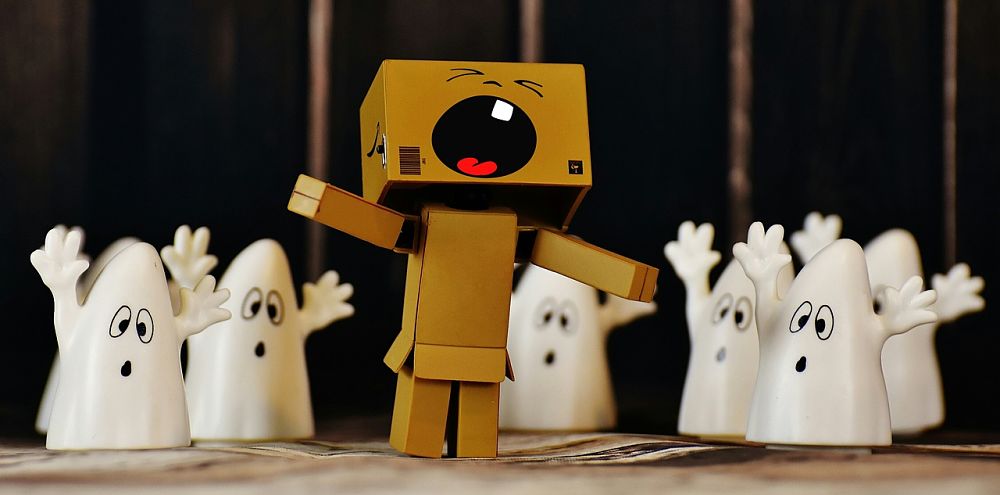U.S. Trade War with China Casts Specter on Halloween Industry, Advocacy Group Warns
Candy, costumes and pumpkin carving, the hallmarks of , are expected to hit
The
In September, the Trump administration imposed 10 percent tariffs on $200 billion in Chinese imports, with more tariffs expected to be announced by the end of December, multiple media outlets reported on Tuesday.
Freedom Partners, a nonprofit chamber of commerce based in
“From costumes to cider, trade wars can have ‘tarrify-ing’ consequences for Americans,” Freedom Partners spokesman Kevin Schweers said in a statement.
“No matter how anyone tries to dress them up, tariffs are nothing more than sales taxes that unfairly charge the working class more for everyday goods. If
Freedom Partners cited testimony by retail lobbying groups such as the
In September, the NCA submitted written testimonial to the office of the United States Trade Representative in opposition of proposed tariffs on Chinese imports, fearing retaliation on
This includes raw materials like cocoa, sugar, dairy, and non-sugar sweeteners and decorative packaging for all holidays from through Easter.
“
Discount retail stores are also facing tough choices in whether to continue ordering popular products that are cheaply made in
Freedom Partners said this translates to popular costumes and do-it-yourself materials likely to be unavailable on store shelves or at an increased price.
Another tradition at risk, pumpkin-carving, with specialty carving kits at risk of a 10 to 25 percent price increase because of tariffs.
“Our products cannot absorb a tariff of 10 percent or 25 percent. Our retail partners will be unwilling to absorb a 10 percent or 25 percent higher cost,” a representative of Signature Brands, which manufactures carving kits, among other items, told Freedom Partners. “The only alternative is that these duties attempt to be passed directly to the American consumer, who will not pay the higher price, thereby shrinking Signature Brands business.”




